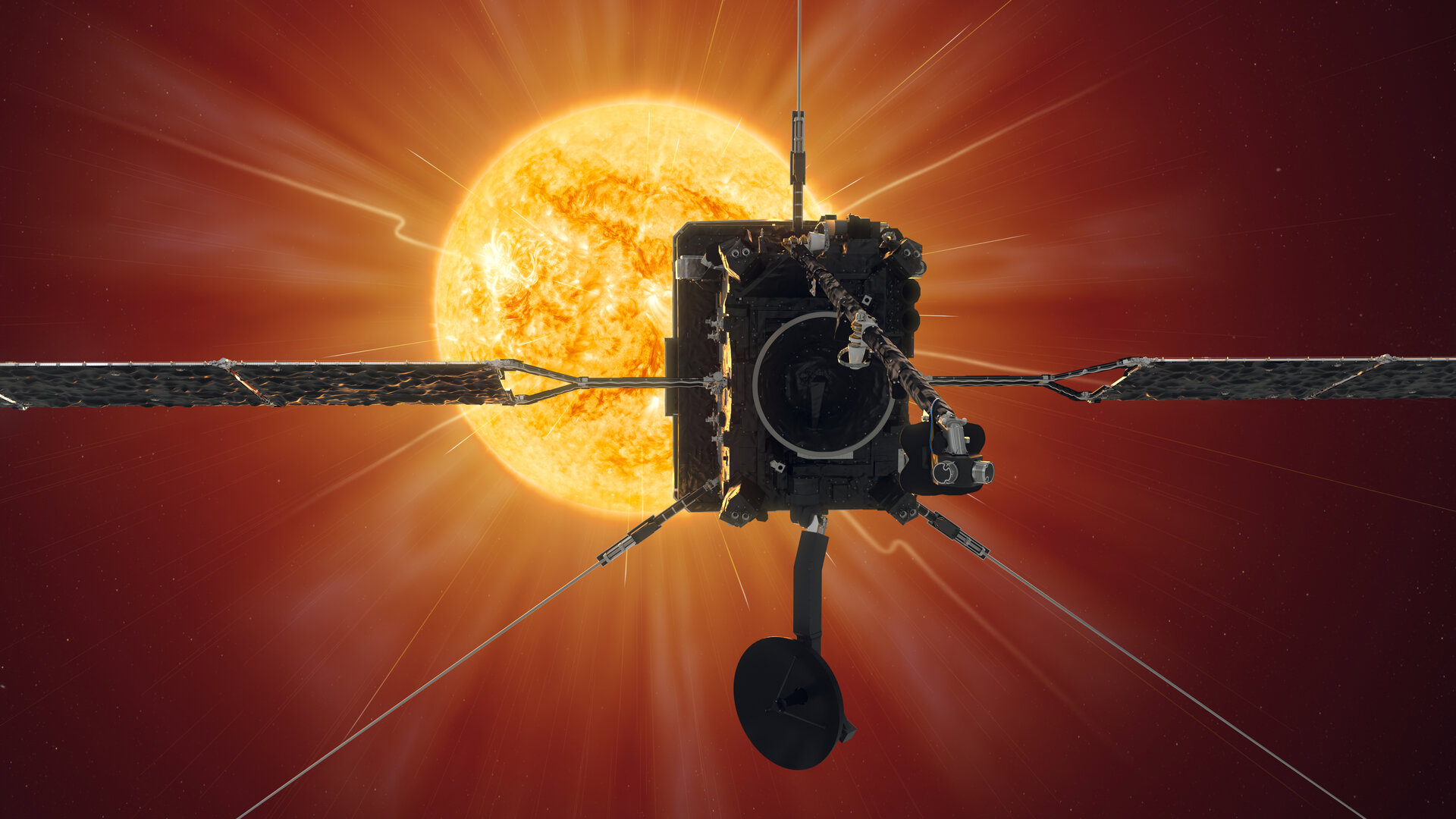The Journal of Space Weather and Space Climate (JSWSC) opens a Topical Issue on "Fast and slow solar winds: Origin, evolution and Space Weather effects" with a submission deadline of 31 October 2024.
The topical issue (TI) is dedicated to the nuanced exploration of Heliospheric Solar-Wind Dynamics and their implications for Space Weather. This issue seeks to bring together cutting-edge studies that shed light on the complex interplay between slow and fast solar winds, their effects on geomagnetic activity, and the propagation of solar transients.
The heliospheric solar-wind structure, arising from the intricate interplay between slow and fast winds, constitutes the primary instigator of minor to moderate geomagnetic activity. Furthermore, it serves as the medium for the propagation of other solar transients. Stream interaction and co-rotating interaction regions are prolific sources of shocks, compression, and rarefaction regions, well-established contributors to recurrent geomagnetic effects on Earth. In light of these dynamics, a comprehensive understanding of the heliospheric solar wind, ambient magnetic field, and their origins is indispensable for the validation and enhancement of Space Weather forecasting efforts. The objective of this TI is to collect and present new studies on the origin, evolution, and Space-Weather effects of both fast and slow solar winds using observational data and modeling approaches. Recent missions, such as the Parker Solar Probe and Solar Orbiter, in conjunction with established missions like the Solar Dynamics Observatory and the Solar Terrestrial Relations Observatories, offer a wealth of information. This data presents an invaluable opportunity to validate, refine, and augment existing knowledge in the solar wind domain.
This Topical Issue arises from the session CD-02 "All About the Solar Wind", held during the European Space Weather Week 2023 (ESWW2023) in Toulouse. However, contributions to this TI are not limited to participants of the ESWW2023. The TI will be open to all submissions that fit its scope. Submissions are encouraged, focusing on solar wind sources for both slow and fast winds, mechanisms of solar wind acceleration/outflow, dynamics of stream interaction, and the configuration of the magnetic field and plasma topology at the source surface and within the inner heliosphere. The integration of observations and models is particularly welcomed, fostering a deeper understanding of solar and heliospheric physics within the context of space weather.
Manuscripts must be submitted via the JSWSC online submission tool. Guidelines for submission of papers are found on the JSWSC website under the tab "Instruction for Authors".
Deadline: 31 October 2024
All manuscripts will be peer-reviewed according to the quality standards of international scientific journals. The type of contributions must fit the style of JSWSC. All manuscripts should contain enough new insight, present the results against a properly referenced background of existing work, and present adequate evidence that supports the conclusions. Accepted papers are published in electronic format only, and are freely available to everyone via the JSWSC website. JSWSC offers the possibility to include electronic material, such as animations, movies, codes and data.
Topical Editor in Chief (T-EiC):
Stephan G. Heinemann (stephan.heinemann(аt)helsinki.fi), University of Helsinki, Finland
Topical Editors:
- Eleanna Asvestari (eleanna.asvestari(аt)helsinki.fi), University of Helsinki, Finland
- Matt Owens (m.j.owens(аt)reading.ac.uk), University of Reading, UK
- Krzysztof Barczynski (krzysztof.barczynski(аt)pmodwrc.ch), ETH Zurich and PMOD/WRC Davos, Switzerland
For questions regarding this Topical Issue, please, contact the T-EiC. For questions concerning the submission process, the Editorial Office (jswsc(аt)edpsciences.org) should be contacted.

Credits: ESA - Work performed by ATG medialab under contract for ESA, CC BY-SA 3.0 IGO